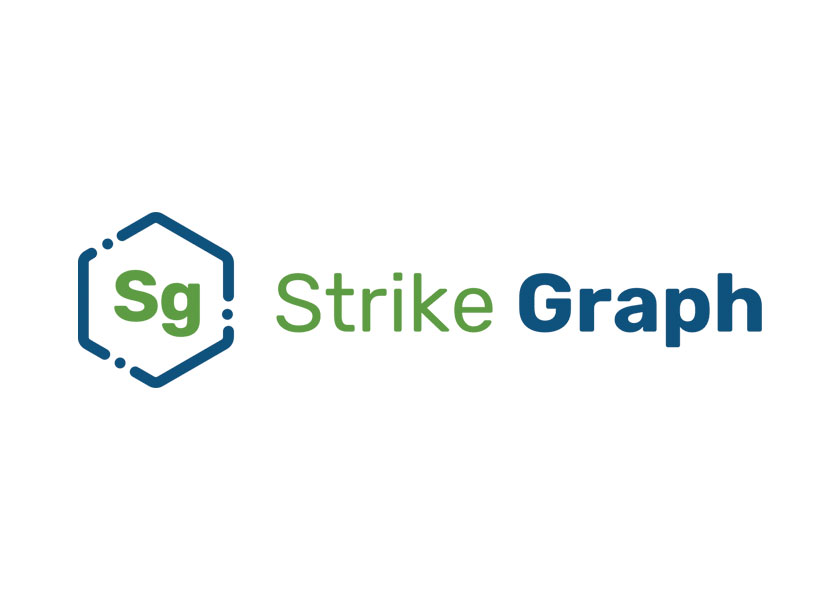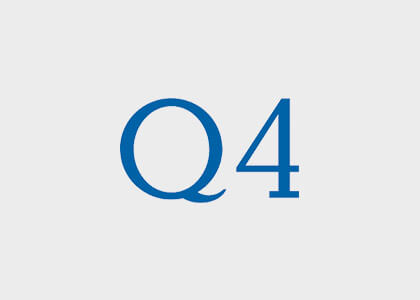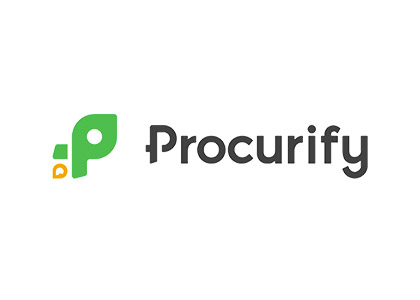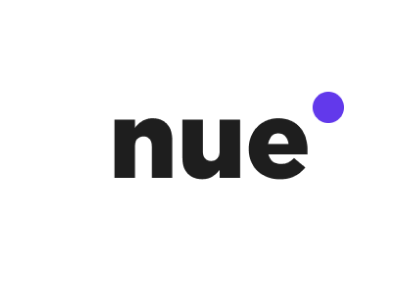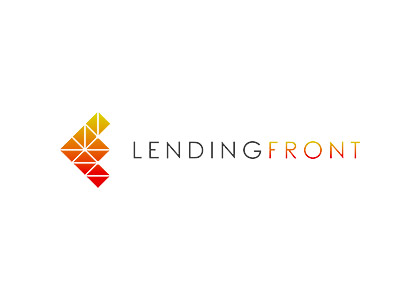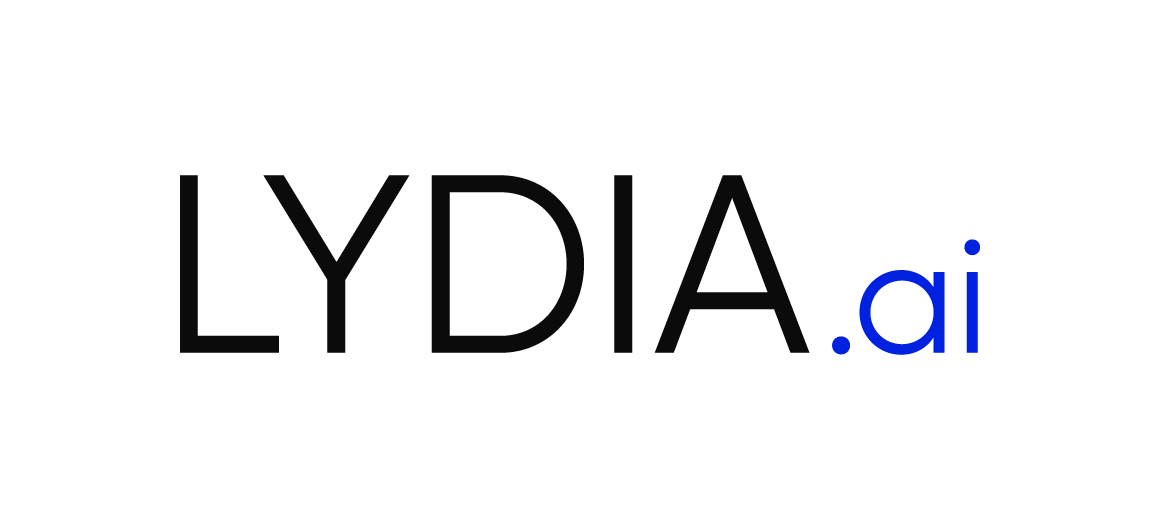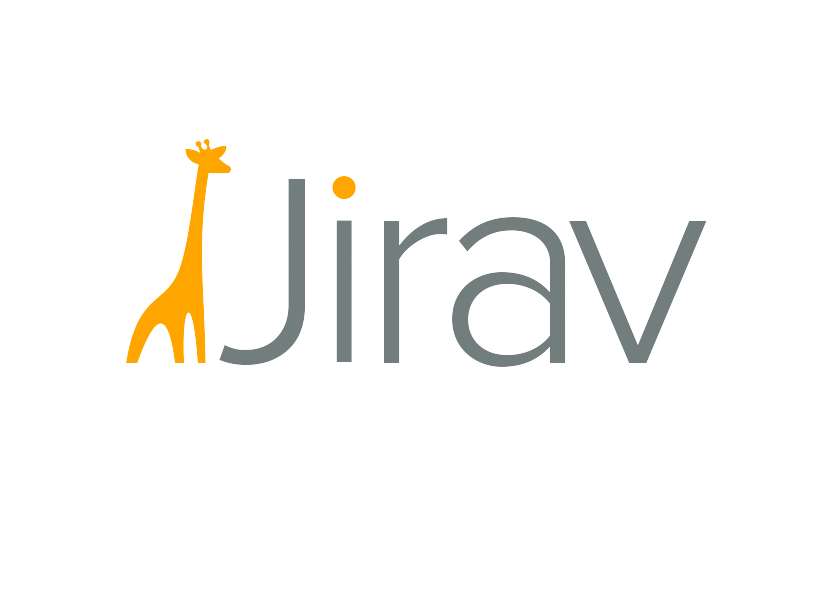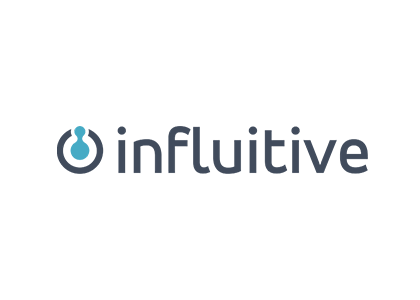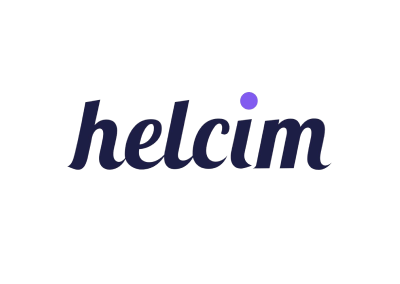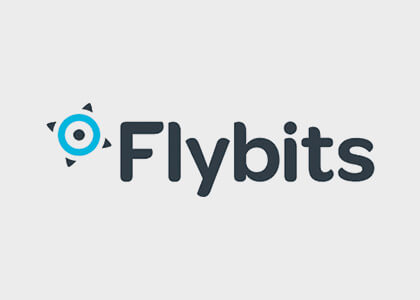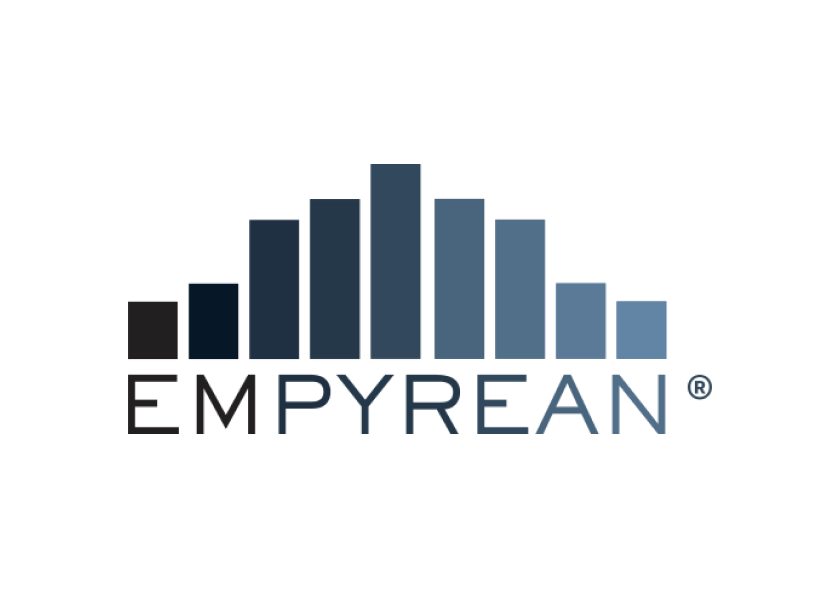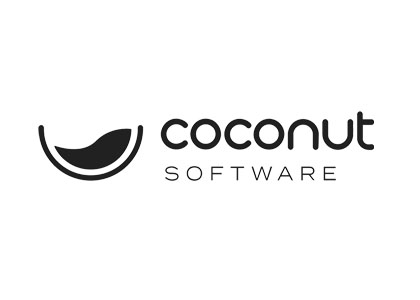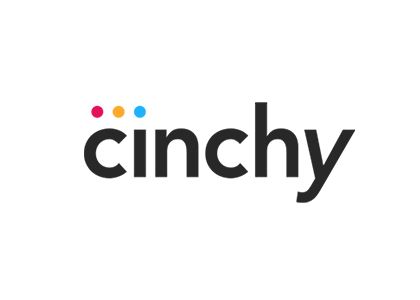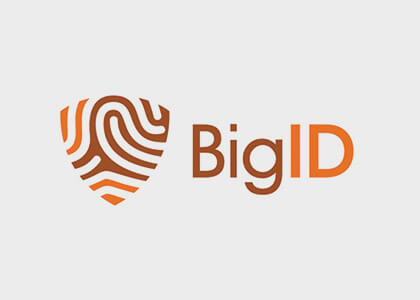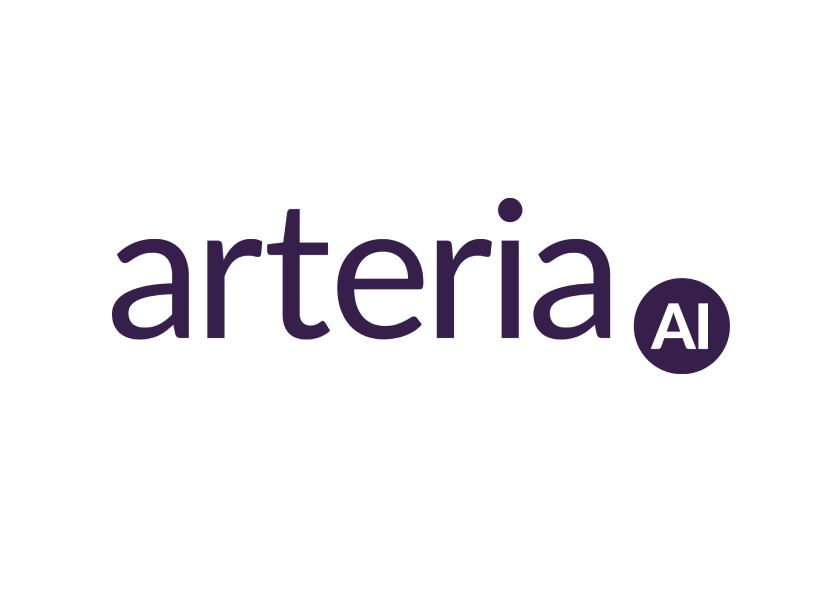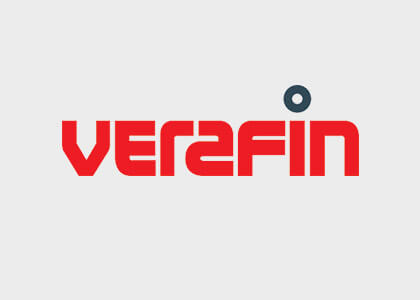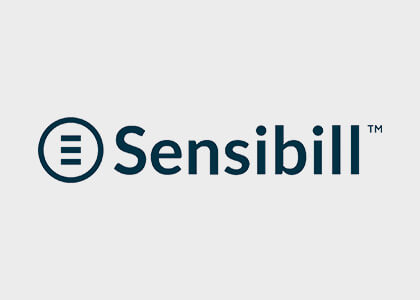VC-Backed Startups Need to Weigh the Risks of PPP Funding
A week after borrowers exhausted the Small Business Administration’s initial $350-billion Paycheck Protection Program emergency loan facility, American lawmakers came to the rescue with another blockbuster Coronavirus funding bill.
The new $484-billion stimulus package, passed by Congress on April 23, replenishes the PPP and allocates another $322 billion for businesses disrupted by the pandemic. PPP credit is explicitly purposed for payroll costs, most mortgage interest, rent, utility and benefits expenses that small business would anticipate over a normal eight-week period.
Furthermore, emergency loans are capped at a maximum of $10 million, have a fixed one-percent interest rate, and mature over the course of two years following the disbursement of funds. The SBA says it will offer borrowers loan forgiveness if they keep all of their U.S.-based workers employed for the duration of the agreement.
Beyond traditional small businesses, the PPP also allows venture-backed startups to tap into this credit facility, provided they employ no more than 500 people in the U.S. and are not in conflict with the Coronavirus Aid, Relief, and Economic Security Act’s “affiliation rules.”
Under the most recent SBA guidance issued on April 23, the regulator defines affiliation as the ultimate control of a business by a minority shareholder. Section 13 C.F.R. 121.301(f)(1) of the CARES Act states that “SBA will deem a minority shareholder in a business to control the business if the shareholder has the right to prevent a quorum or otherwise block action by the board of directors or shareholders.”
However, a minority shareholder like a controlling venture-capital investor, for example, can relinquish their veto powers over the board to qualify for PPP relief. In this scenario, the SBA says a VC sponsor would “no longer be an affiliate of the business (assuming no other relationship that triggers the affiliation rules).”
But the million-dollar question remains, should VC-backed startups accept PPP funds if deemed eligible by the SBA?
In Silicon Valley, this quandary has become the subject of heated debate among VC insiders. A recent Wall Street Journal feature highlights the industry split, with one side framing it as an issue of business ethics. This view argues that startups should only take PPP funds if they are facing “imminent bankruptcy.” For prospective borrowers that already have sufficient capital to cover payroll expenses for the next two months, they risk depriving small businesses of the precious liquidity they need to survive.
Still, the WSJ also highlights a compelling counterargument, which places a premium on the cost of uncertainty. It follows that startups’ inability to forecast their ultimate downside-risk exposure to the COVID-19 pandemic justifies PPP borrowing. This way, startups will have more cushion for a virus shutdown that could very well exceed the projections made by ‘experts.’
But if financially resilient VC-backed companies take advantage of stimulus funding, they should prepare for outsized backlash. For startups that already have a solid capital foundation, the optics of capturing pandemic-relief funds before main-street mom and pops will be less than ideal. Their brand affinity could deteriorate via the potential storm of adversarial news coverage and social-media outrage posting.
Thus, the risk for VC portfolio companies to consider here is of a reputational nature.
Misrepresenting any answers to loan application paperwork, even unwittingly – a call that is ultimately out of the borrower’s control – is predicated on regulatory interpretation. As such, startups must also factor the risk of an enforcement action or disqualification from favorable loan terms based on how the SBA wants to construe the information submitted on borrower applications.
Given this risk model, startups should not make any impulsive borrowing decisions without consulting their corporate counsels and auditors beforehand. Legal, tax, audit, and risk advisors should be able to provide guidance on how the stimulus rules pertain to their clients’ legal-entity structures and help.
As such, these professional services providers can help companies plot the most intelligent course for uncertain times. Still, with borrowers exhausting the first $350 billion in PPP loan funds in 14 days, startups must be aware that stimulus funds are available on a first-come, first-serve basis.
Once this round of stimulus funds dries up, the key risk startups must hedge against is the efficiency of Capitol Hill in reaching consensus on additional lifelines.













